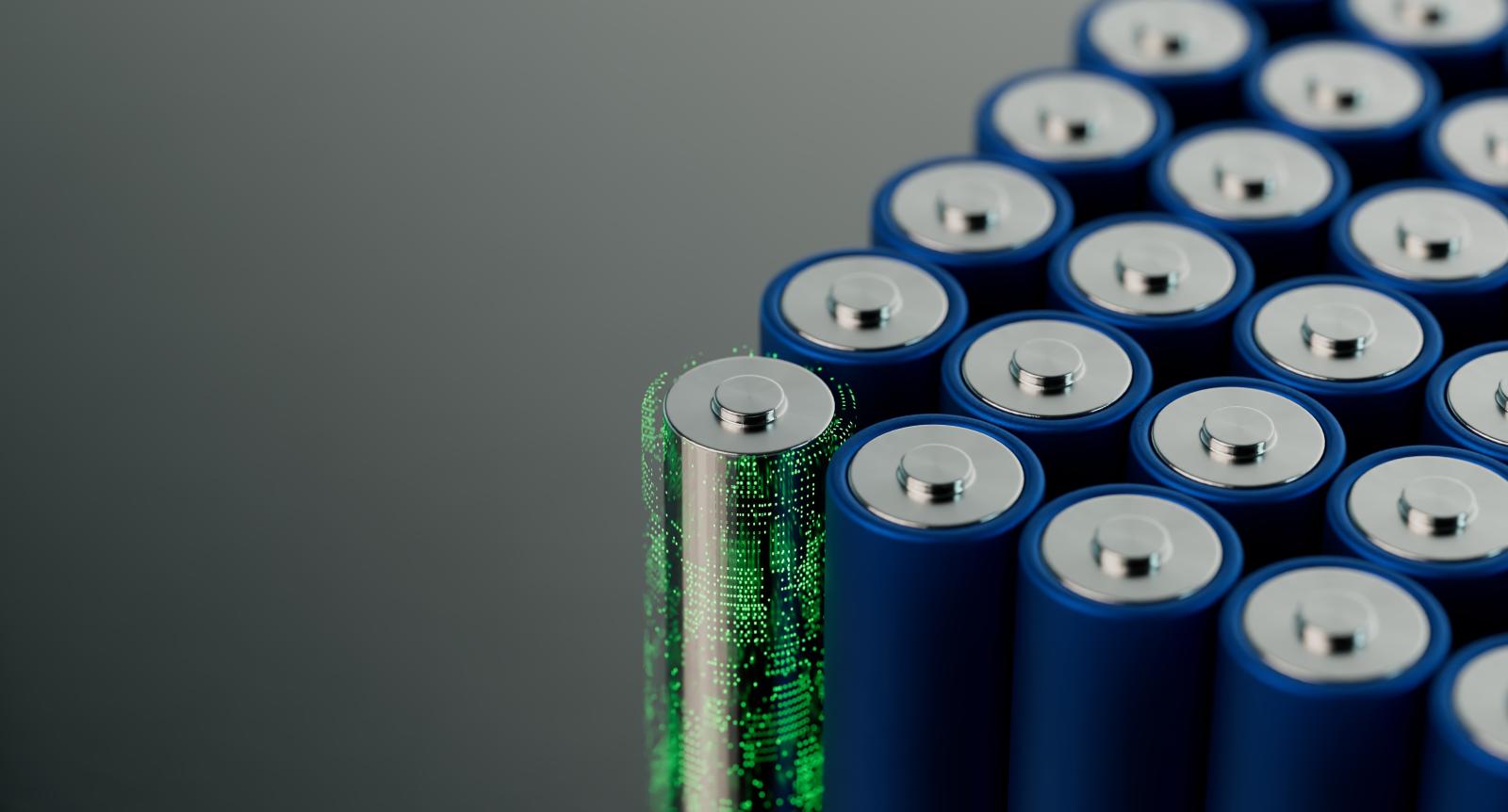AUTONEWS
NISSAN LEAF will have SUV version
With over half a million units sold worldwide, the Nissan LEAF has enjoyed exceptional popularity since its launch in 2010, although over the past two years it has been declining, as reflected in lists of the most in-demand electric vehicles in the market. Therefore, the Japanese brand is already drawing up a plan with the objective of recovering the status of its compact and the changes will be profound, to the point that it will take a step further to transform itself into an SUV.
We're not saying that, but Nissan's European boss Guillaume Cartier, who assured Autocar's Brits that the third-generation Nissan LEAF will be very different when it arrives. The idea of the Japanese is to forget the concept of walking to enter a formula that doesn't seem to have an end: that of crossovers. This transition is expected to take place in the year 2025, so everything seems to indicate that the new model is already under development.
According to Autocar, the crossover will use an already-known architecture, the CMF-EV platform shared by the Renault-Nissan-Mitsubishi Alliance. We are talking about the same foundation that gives life to both the Mégane E-Tech Electric and the Nissan Ariya, presented at the end of last year with two possible wheelbases: 2.69 and 2.76 meters, as well as lengths between 4 and 4.7 meters. Therefore, the third generation of the famous electric compact will have to be somewhere in between to give life to a product that will be manufactured at Nissan's plant in Sunderland, UK.
This plant will be watered with a £1 billion investment that will help the automaker transition to an electrified vehicle range, with big plans to electrify its entire range by 2025. This plan includes both fully battery powered models as hybrids. Nissan's ultimate goal is for 80% of its global sales to be 100% electric vehicles by 2030. The new crossover is set to be a global model, so European customers won't be the only ones to enjoy this car.
The third generation is expected to be powered by battery packs of different sizes, with 40 and 60 kWh being preferred by the Japanese brand, so the SUV will offer a maximum range of 500 kilometers. As with the aforementioned French model, the Mégane E-Tech Electric, the available versions will be front-wheel drive and their engines will offer 96 and 160 kW of power, although it is possible that all these numbers are different, since there are still four to go years to its hypothetical release.



Nenhum comentário:
Postar um comentário